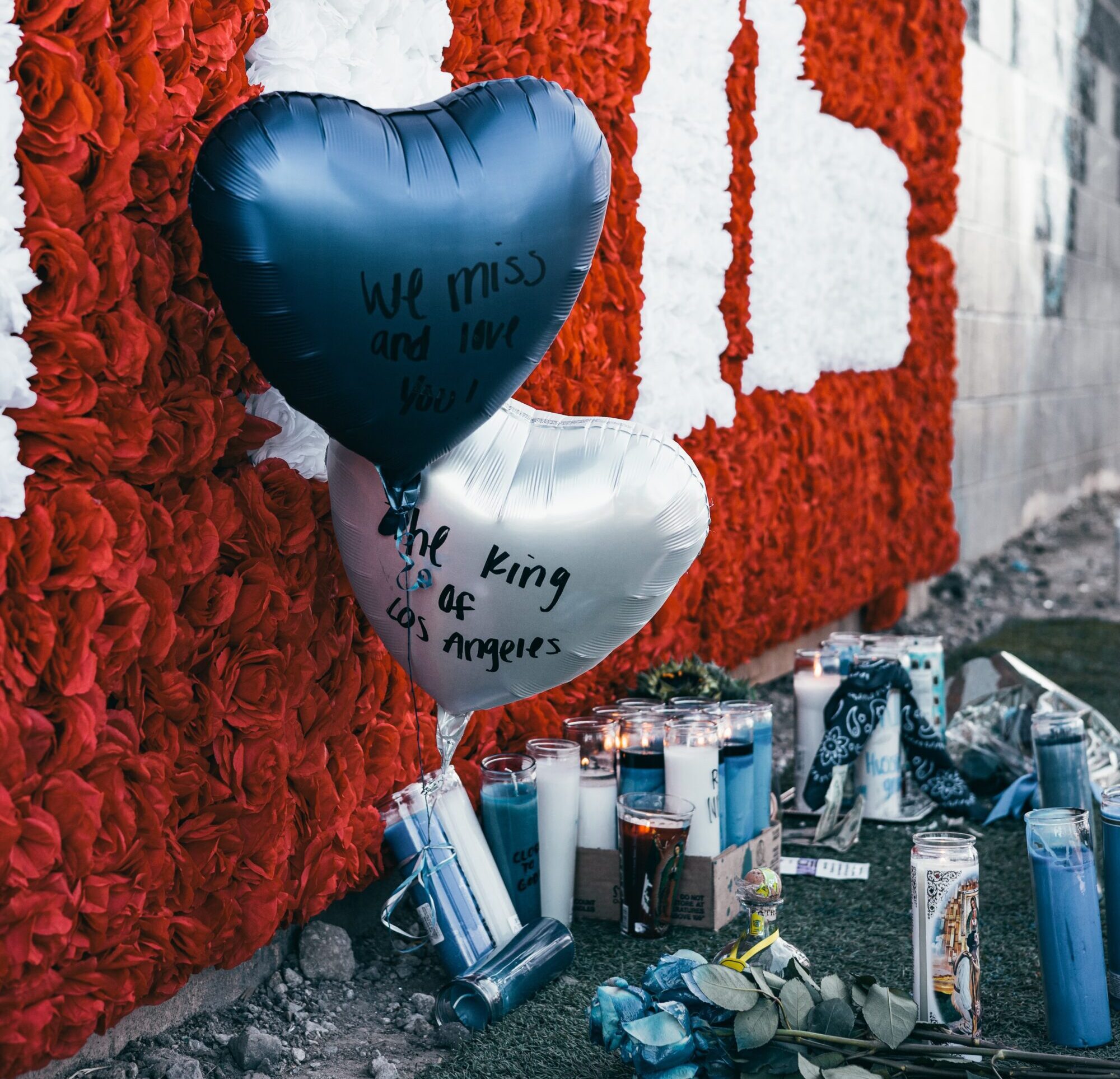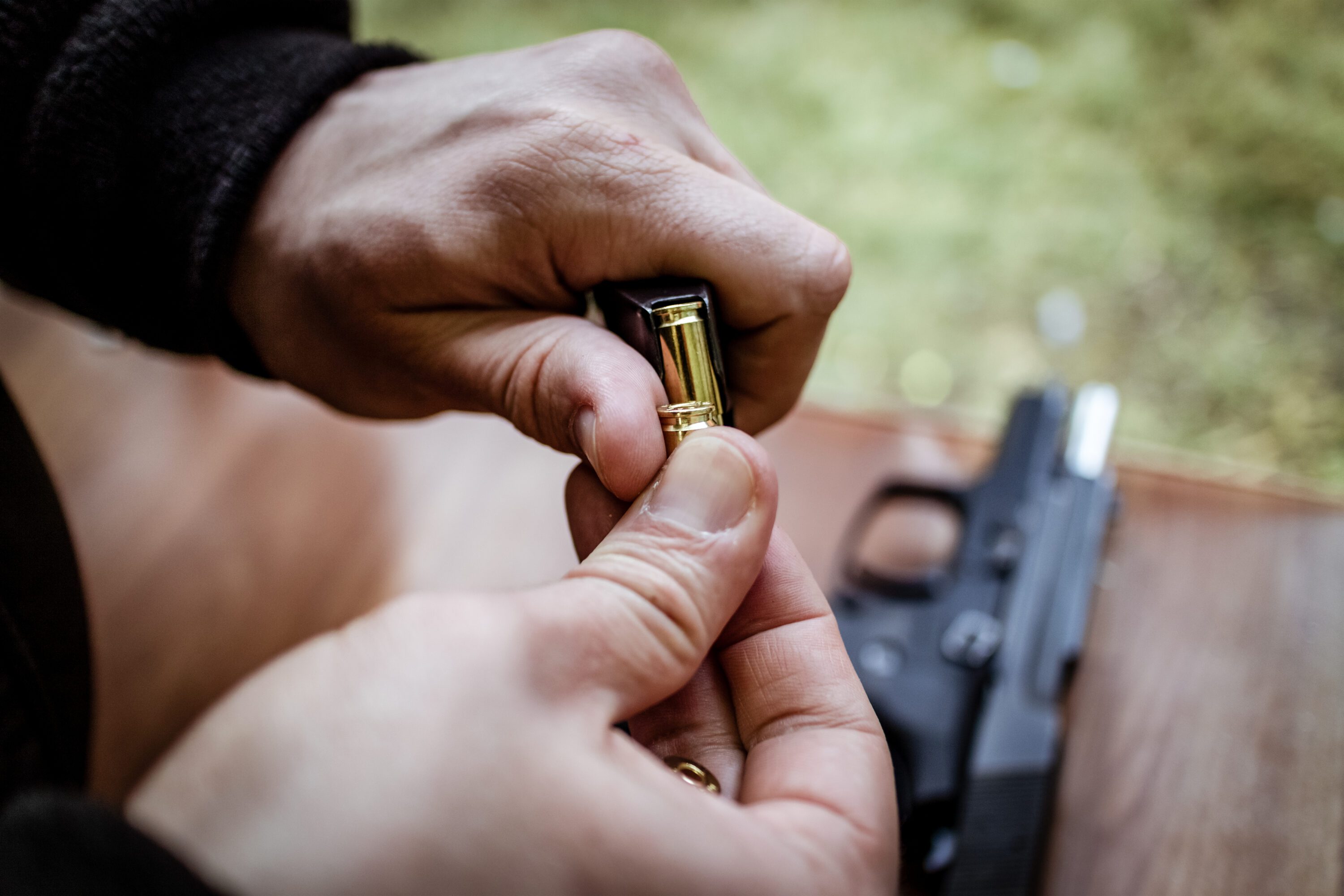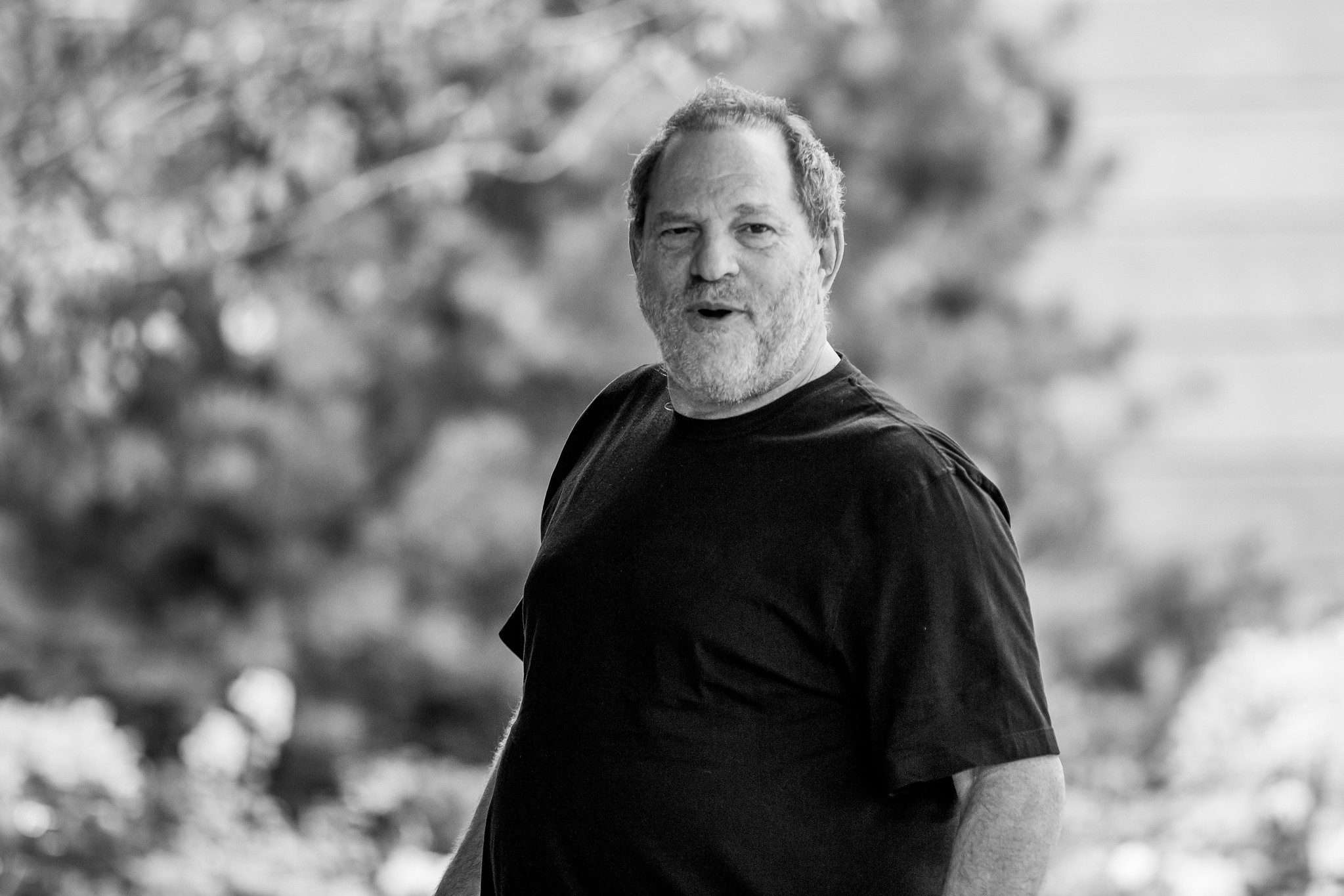A judge Monday rejected a defense bid to have a first-degree murder conviction reduced to second-degree murder or voluntary manslaughter for the man who fatally shot rapper Nipsey Hussle in front of the musician’s South Los Angeles clothing store.
Los Angeles Superior Court Judge H. Clay Jacke also denied a defense motion for a new trial for Eric Holder Jr., whose sentencing was scheduled for Feb. 22.
Defense attorney Aaron Jansen had called on the murder conviction to be reduced to voluntary manslaughter “to be consistent with the other two verdicts” in which Holder Jr. was convicted of attempted voluntary manslaughter — rather than the more serious charge of attempted murder — involving two other people who were injured in the March 31, 2019, shooting.
Holder is facing a potential life prison term.
The 32-year-old defendant was convicted July 6 of one count each of first-degree murder and possession of a firearm by a felon, along with two counts of attempted voluntary manslaughter and assault with a firearm.
Jurors also found true allegations that he personally and intentionally discharged a handgun and that he personally inflicted great bodily injury on one of the victims.
Deputy District Attorney John McKinney told jurors during the trial that the killing was “cold-blooded” and “calculated,” saying Holder had “quite a bit of time for premeditation and deliberation” before returning to the parking lot near Slauson Avenue and Crenshaw Boulevard where the rapper was shot 10 to 11 times.
“Saying, `You’re through,’ before shooting him and shooting him a number of times … kicking him in the head, that’s personal … What makes this murder first-degree is premeditation and deliberation,” the prosecutor said.
Holder’s attorney conceded at the start of the trial that his client had “shot and killed” the rapper, whose real name was Ermias Joseph Asghedom. But he said the crime in which his client fired with one gun in each hand occurred in the “heat of passion.”
Holder had “no cooling-off period” after being “called publicly a snitch by someone as famous as Nipsey Hussle” nine minutes and 10 seconds earlier, the defense lawyer told jurors.
Holder’s attorney also contended that the case was “overcharged from the beginning,” and that the correct charge against Holder involving the rapper’s slaying should have been voluntary manslaughter — an option the judge told jurors they could consider.
Jurors heard eight days of testimony during the trial, which was delayed for a day following what Holder’s attorney said was an attack on Holder in jail.
Jansen said his client lost consciousness after being attacked in a jail holding cell with other inmates while waiting to be taken to court. He subsequently underwent an MRI and required three staples to the back of his head, also suffering a swollen left eye and swelling on the left side of his face, according to the attorney.
Holder did not testify in his own defense.
He has remained behind bars since his arrest two days after the shooting. His attorney told jurors that he surrendered himself at a mental health clinic in Bellflower.
After Hussle’s death, thousands of people were on hand in April 2019 for a service in his honor, with singer Stevie Wonder and rapper Snoop Dogg among those paying tribute to him.
In a letter that was read during the service, former President Barack Obama wrote, “While most folks look at the Crenshaw neighborhood where he grew up and see only gangs, bullets and despair, Nipsey saw potential. He saw hope. He saw a community that, even through its flaws, taught him to always keep going.”
The rapper-entrepreneur was posthumously honored with two Grammy Awards in 2020 for best rap performance for “Racks in the Middle” and for best rap/sung performance for “Higher.”
By TERRI VERMEULEN KEITH







